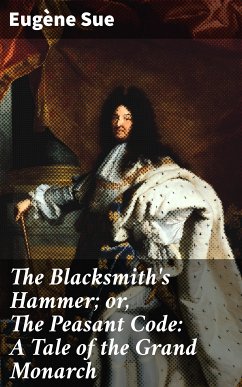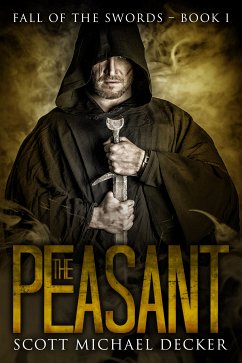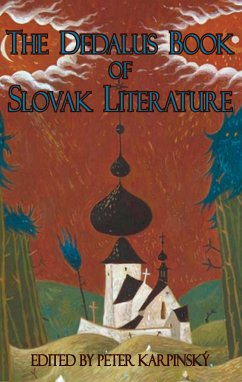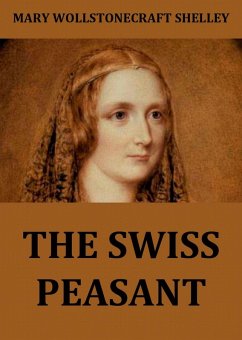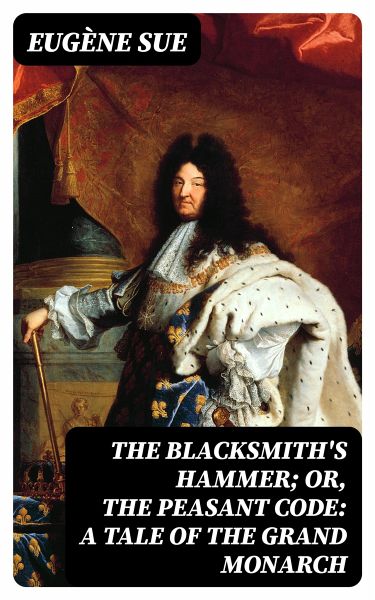
The Blacksmith's Hammer; or, The Peasant Code: A Tale of the Grand Monarch (eBook, ePUB)

PAYBACK Punkte
0 °P sammeln!
Eugène Sue's "The Blacksmith's Hammer; or, The Peasant Code: A Tale of the Grand Monarch" is a vivid and compelling narrative set against the tumultuous backdrop of 17th-century France. The novel integrates elements of historical fiction with social commentary, offering a penetrating exploration of class struggles and the moral dilemmas faced by those at the fringes of society. Sue employs a richly evocative literary style that combines descriptive imagery with a fast-paced plot, drawing readers into the turbulent world of peasant life and the oppressive grip of monarchical power, while also ...
Eugène Sue's "The Blacksmith's Hammer; or, The Peasant Code: A Tale of the Grand Monarch" is a vivid and compelling narrative set against the tumultuous backdrop of 17th-century France. The novel integrates elements of historical fiction with social commentary, offering a penetrating exploration of class struggles and the moral dilemmas faced by those at the fringes of society. Sue employs a richly evocative literary style that combines descriptive imagery with a fast-paced plot, drawing readers into the turbulent world of peasant life and the oppressive grip of monarchical power, while also reflecting the broader themes of justice and retribution revered in Romantic literature. Eugène Sue, a prominent figure in the French literary scene, was deeply influenced by the socio-political issues of his time, particularly the growing disparity between the ruling elite and the impoverished masses. His background as a physician alongside his fervent advocacy for social justice informed his writing, making him a pioneer of social realism in literature. "The Blacksmith's Hammer" stands as a testament to his commitment to illuminate the plight of the disenfranchised. This captivating tale is highly recommended for readers who are fascinated by historical narratives that blend engaging storytelling with profound social critique. Sue's insightful portrayal of human resilience against tyranny is not only entertaining but also thought-provoking, offering a lens through which to examine enduring issues of power and inequality.
Dieser Download kann aus rechtlichen Gründen nur mit Rechnungsadresse in A, B, BG, CY, CZ, D, DK, EW, E, FIN, F, GR, H, IRL, I, LT, L, LR, M, NL, PL, P, R, S, SLO, SK ausgeliefert werden.




